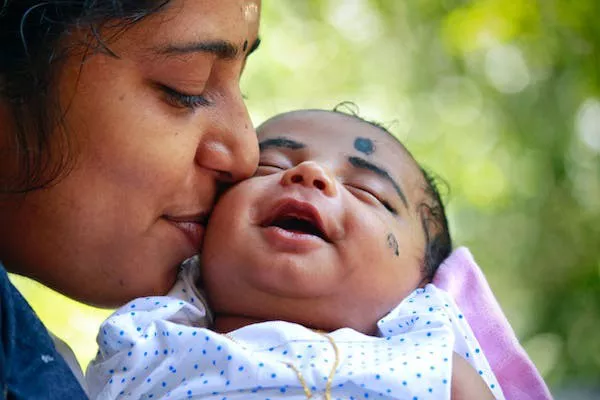As parents, we strive to provide the best care and comfort for our precious newborns. However, there’s a growing debate surrounding the practice of letting a newborn “cry it out.” This controversial approach has sparked discussions among experts and caregivers alike. In this article, we will delve into the reasons why you shouldn’t let a newborn cry it out, exploring important aspects that shed light on this topic.
1. The Developing Brain and Emotional Well-Being
A newborn’s brain is a complex and rapidly developing organ. At this delicate stage, the brain forms crucial connections that shape the foundation for cognitive and emotional development. Allowing a newborn to cry it out may lead to heightened stress levels, triggering the release of stress hormones that can hinder healthy brain development. The emotional well-being of a newborn is equally vital. Responding promptly to a baby’s cries helps build trust and a sense of security, laying the groundwork for healthy emotional relationships in the future.
2. Establishing Trust and Secure Attachment
Responsive caregiving plays a pivotal role in establishing a secure attachment between a parent and their newborn. When a caregiver consistently responds to a baby’s cries, the baby learns that their needs will be met, promoting a sense of security and trust. On the other hand, letting a newborn cry it out can create feelings of abandonment and distress, potentially compromising the development of a strong parent-child bond. A secure attachment fosters resilience, empathy, and positive social interactions later in life.
3. Meeting Basic Needs for Growth
Newborns communicate primarily through cries, signaling their basic needs such as hunger, discomfort, or a need for affection. Ignoring these cries in an attempt to encourage independence can have unintended consequences. Proper nourishment and a nurturing environment are essential for a newborn’s growth and development. Addressing their needs promptly helps establish a foundation of physical well-being that can influence their overall health in the future.
4. Regulation of Stress and Emotional Response
Babies rely on their caregivers to help them regulate their emotions and manage stress. By responding to a newborn’s cries, caregivers teach them healthy ways to cope with distress and discomfort. Allowing a newborn to cry it out, especially during a vulnerable period of adjustment, may lead to difficulties in managing stress and emotions later in life. Prompt responsiveness teaches babies that their feelings are acknowledged and valid, contributing to their emotional resilience.
5. Sleep Training Alternatives
While the idea of sleep training is often associated with letting a newborn cry it out, there are alternative approaches that prioritize both the baby’s needs and the parents’ well-being. Gradual methods, such as the “gentle sleep training” approach, focus on creating a bedtime routine and gradually helping the baby learn to self-soothe without resorting to prolonged crying. These methods take into account the baby’s comfort while considering the emotional needs of both the baby and the parents.
In conclusion, the practice of letting a newborn cry it out has generated significant debate and concern among parents and experts. The developing brain, establishment of trust, meeting basic needs, emotional regulation, and available sleep training alternatives are all important aspects to consider when making decisions about caregiving practices. By responding with sensitivity and empathy to a newborn’s cries, parents can lay the foundation for a strong parent-child bond and promote healthy emotional and cognitive development.
As you navigate the joys and challenges of parenting, remember that every baby is unique. It’s important to find an approach that aligns with your parenting philosophy and the well-being of your newborn. By prioritizing responsive and nurturing caregiving, you can help your baby thrive and grow into a confident and emotionally resilient individual.


